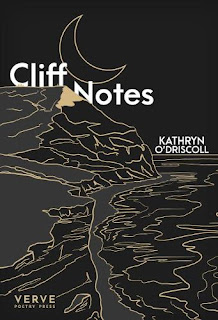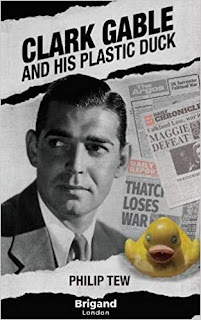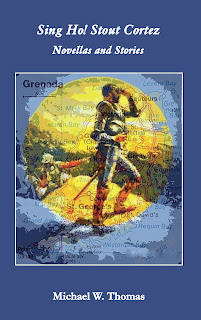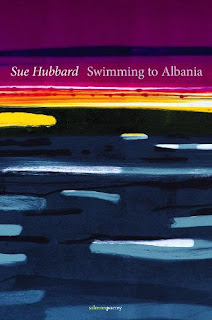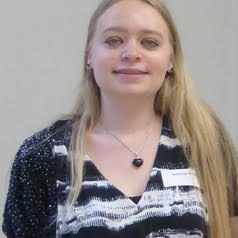In a spirit of full and frank disclosure, I have on occasions competed against this poet in various slam poetry competitions and she has completely annihilated me. Hardly surprising given that she is the UK Slam Champion 2021/2022 and represented England at the World Cup of Slam 2021.
She is an extremely well-regarded slam and spoken word poet. This collection is her first (and I am quite confident, not her last) page poetry collection. She has made the sometimes-difficult transition from performance-based work to the page with absolute assurance and skill whilst still retaining her own strong, unique, and important voice.
This is not an easy collection. The introduction contains two pages of potential content trigger warnings, and much of the subject matter challenges the reader, but it is a challenge that will make the reader a better person.
Her poems include pieces on serious mental ill-health, suicidal thoughts, bereavement, poverty, and loss, but this is not a diatribe or obvious polemic; her work is nuanced, painfully honest, well observed and quite simply beautiful.
And yes, of course, her work is angry - there is much to be angry about a system where mental health care is a postcode lottery and where people struggling to live with chronic health conditions are condemned to state-sanctioned poverty. But she never writes anything that doesn’t use language adroitly to express these ideas and personal experiences in anything less than stunning poetry.
The collection ends with “Peony-Bruised,” a short poem which seems to suggest that there is hope and beauty after all:
so I dip myself under and ask the petals
to tell me their first memories.
Rain
they say.
Rain.
And then, how we grew.
Cathi Rae is a poet/spoken word artist/slam poet and community educator. She has an MA in Creative Writing from the University of Leicester and is currently funded by M4C to work on her PhD, creating collaborative poems with marginalised individuals.

